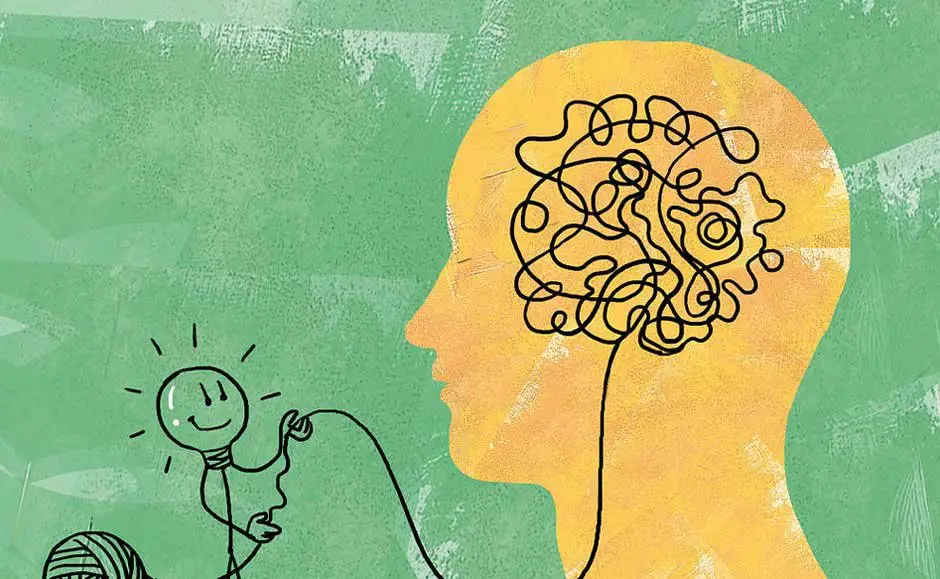As we move through the world, our minds are constantly at work, making assumptions based on limited information and past experiences. These assumptions, often subconscious, have a profound influence on our perceptions, emotions, and actions. This concept, known as Assumira, plays a pivotal role in shaping our interactions with the world around us.
Decoding Assumira: What is It?
Assumira refers to the subconscious process of creating assumptions or jumping to conclusions based on limited information or past experiences. It involves filling in gaps in our knowledge with assumptions that may or may not be accurate. These assumptions can stem from a variety of sources, including cultural beliefs, personal biases, and societal norms.
Origins and Background of Assumira
The concept of Assumira has its roots in cognitive psychology and social cognition theories. It reflects the innate tendency of the human mind to simplify complex information and make quick judgments to navigate the complexities of everyday life. While assumptions can sometimes be helpful in making sense of ambiguous situations, they can also lead to misunderstandings and misinterpretations if left unchecked.
The Significance of Assumira in Contemporary Society
Assumira plays a significant role in various aspects of our lives, from decision-making to interpersonal relationships. Understanding its impact can help us navigate social dynamics more effectively and make more informed decisions.
Assumira in Decision-Making
Assumira often influences our decision-making process by shaping our perceptions of risk, reward, and uncertainty. It can lead us to overlook critical details or jump to conclusions prematurely, affecting the quality of our decisions.
Assumira’s Impact on Relationships
In both personal and professional relationships, Assumira can contribute to misunderstandings, conflicts, and mistrust. It can lead us to make assumptions about others’ intentions or motivations, which may not align with reality.
Common Misunderstandings About Assumira
Despite its prevalence, Assumira is often misunderstood and misinterpreted. Addressing common misconceptions can help clarify its nature and significance.
Breaking Down Stereotypes
Assumira is sometimes confused with stereotyping or prejudice, but they are different phenomena. While stereotypes involve categorizing people based on superficial characteristics, Assumira involves making inferences based on incomplete information.
Assumira VS Intuition
Assumira should not be confused with intuition, which involves a gut feeling or instinctive understanding of a situation. While intuition can be valuable, Assumira involves making assumptions without conscious awareness or deliberate reasoning.
Recognizing Assumira: How to Spot It
Recognizing Assumira in ourselves and others is the first step towards mitigating its impact. By becoming more aware of our assumptions, we can challenge them and seek out more accurate information.
Signs and Symptoms of Assumira
Common signs of Assumira include making snap judgments, filling in gaps in information with assumptions, and failing to consider alternative views.
Assumira in Everyday Life
From interpreting body language to assuming others’ intentions, Assumira manifests in various ways in our daily interactions. By paying attention to these examples, we can become more aware of our thought patterns.
The Psychological Mechanisms Behind Assumira
Assumira is rooted in various cognitive processes and neural mechanisms that shape our perception and cognition.
Cognitive Processes Involved
Assumira often stems from heuristics or mental shortcuts that our brains use to process information efficiently. These shortcuts can lead to biases and errors in judgment when applied to complex or ambiguous situations.
A Neuroscience Perspective
Neuroscientific research has shed light on the neural networks involved in Assumira, highlighting the role of regions such as the prefrontal cortex and amygdala in processing social information and making quick judgments.
The Pros and Cons of Assumira
While Assumira can serve as a useful adaptive mechanism in certain situations, it also has its limitations and drawbacks.
Benefits of Assumira
Assumira can help us navigate unfamiliar situations quickly and effectively, allowing us to make rapid decisions when time is of the essence.
Drawbacks and Limitations of Assumira
However, Assumira can also lead to errors in judgment, misunderstandings, and missed opportunities if we rely too heavily on assumptions without verifying their accuracy.
Practical Strategies for Dealing with Assumira
To mitigate the negative impact of Assumira, it’s crucial to develop strategies for challenging our assumptions and fostering a more conscious approach to decision-making.
Challenging Assumptions
One effective approach is to question our assumptions and seek out evidence to support or refute them. By adopting a more skeptical mindset, we can avoid jumping to conclusions prematurely.
Cultivating Mindfulness
Practices such as mindfulness meditation can help increase awareness of our thoughts and feelings, making it easier to recognize and challenge Assumira when it arises.
Assumira in the Workplace
Assumira can have significant implications for professional relationships and communication in the workplace.
Impact on Professional Relationships
In a professional setting, Assumira can lead to misunderstandings between colleagues, clients, and supervisors, undermining trust and cooperation.
Conclusion
Assumira, though often operating beneath our conscious awareness, has the potential to significantly influence our perceptions, decisions, and interactions. By becoming more aware of our assumptions and challenging them, we can navigate the world with greater clarity and make more informed decisions. In this complex world where we’re often required to make quick judgments, Assumira is a concept that helps us navigate the labyrinth of assumptions. As we strive for efficiency and effectiveness in our personal and professional lives, understanding and managing Assumira becomes an essential tool in our decision-making arsenal.

